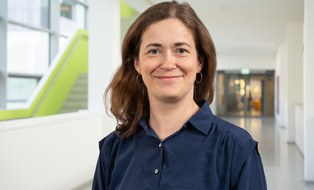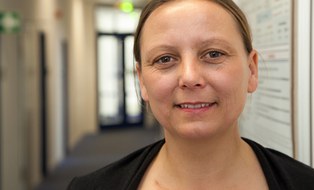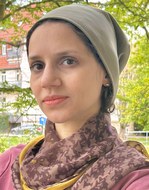Occupational, social and environmental epidemiology
Table of contents
Contents of the research area
In general, epidemiology deals with the causes and consequences, as well as the spread of health-related conditions and events in the population.
Occupational epidemiology and environmental epidemiology investigate the causes of diseases in connection with the human environment and working conditions. Social epidemiology examines social determinants such as gender, social situation, work, housing, environment and social network. The latter thus combines social science theories with health science issues.
Our team has extensive experience in conducting epidemiologic primary studies with different study designs (cohort studies, case-cohort studies, case-control studies). Furthermore, we are involved in the current discussion of new approaches to researching causal relationships using epidemiological methods (e.g. Directed Acyclic Graphs, DAG for short). IPAS participates in large cohort studies such as the Gutenberg Health Study, the LIFE Study or the NAKO Health Study.
The results of our research activities can be found in the publications of the FB4.
Head of department
 © Michael Kretzschmar
© Michael Kretzschmar
Scientist
NameDr. rer. medic. Alice Freiberg MPH
Send encrypted email via the SecureMail portal (for TUD external users only).
Scientists
 © Stephan Wiegand
© Stephan Wiegand
Institute Director
NameProf. Dr. med. Andreas Seidler MPH
Send encrypted email via the SecureMail portal (for TUD external users only).
 © Stephan Wiegand
© Stephan Wiegand
Scientist
NameDr. rer. nat. Melanie Schubert
Send encrypted email via the SecureMail portal (for TUD external users only).
 © Wafaa Alshaikhali
© Wafaa Alshaikhali
Scientist
NameWafaa Alshaikhai MPH
Send encrypted email via the SecureMail portal (for TUD external users only).
Selected research projects
- Study on the "Individual life, health and care situation of senior citizens in Dresden from the age of 60 (LAB60+)"
- NAKO Health Study (including studies on the stress experience of working from home during the COVID-19 pandemic, presenteeism and the stress experience of various professions)
- Gutenberg Health Study (including a longitudinal study on the experience of bullying)
- Systematic review on the effect of exposure to artificial light at night on colorectal and hormone-related cancers (except breast cancer) and on sleep disorders
- Systematic review on the operationalization of intermittent natural UV radiation for use in occupational epidemiological studies on basal cell carcinoma (funded by the German Social Accident Insurance)
- Follow-up FB181: Further analyses on the occupational development of PEK and BZK with more precise exposure data (funded by the German Social Accident Insurance)
Selected publications
Here you can find selected publications of research area 4.
